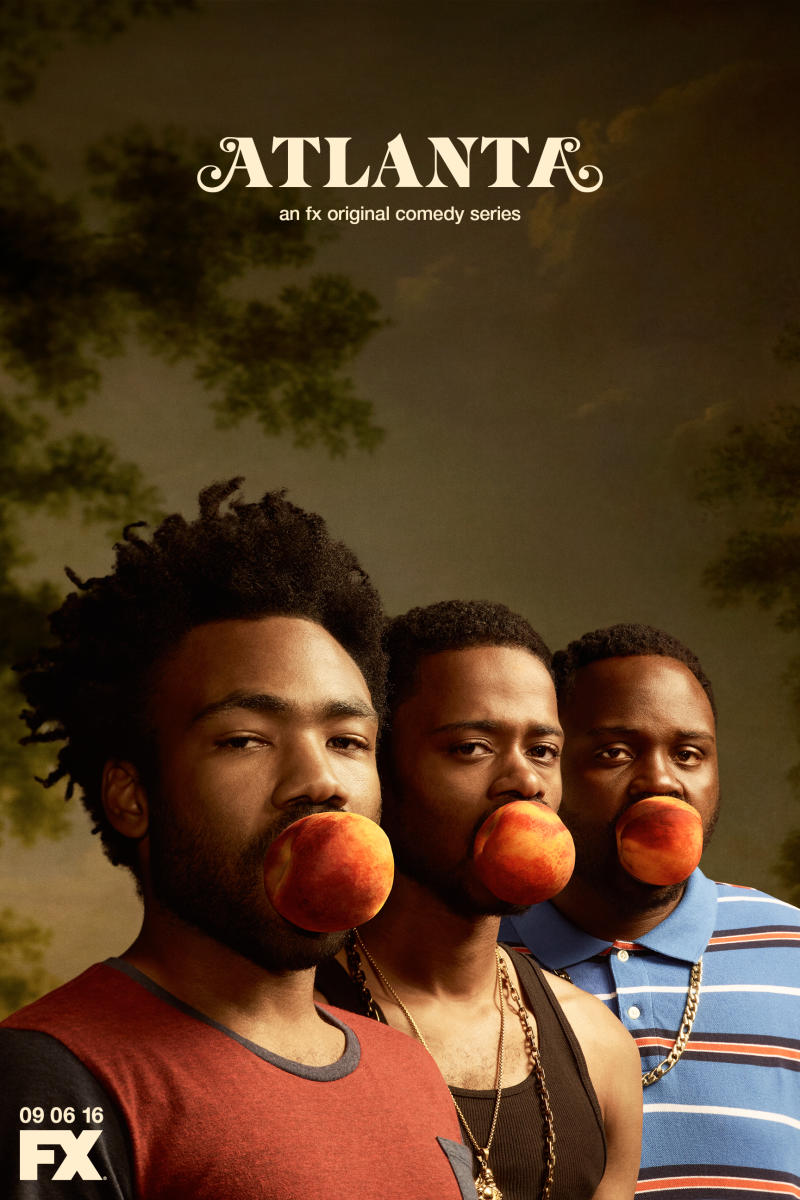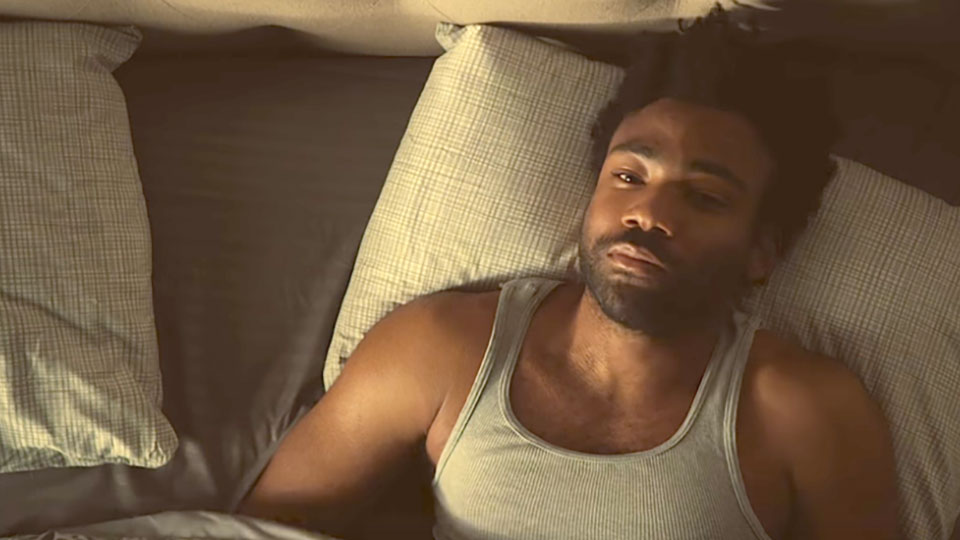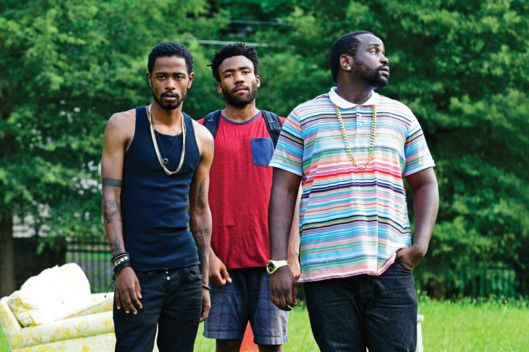
The city of Atlanta, for as rich and complicated as it is, for how many different television shows and movies are shot there has surprisingly never been rendered on screen in a wholly honest way. It could be the zombie apocalypse laden landscape of “The Walking Dead,” where the embellishments are forgiven given the subject matter. Then there’s the curiously all-white fantasy in Mother’s Day, a movie that hardly needed to take place in Atlanta making it all the more galling. And of course there’s the glossy, sitcom nightmare-scape version of Atlanta as told by Tyler Perry, where the villains are dark-skinned businessmen and the heroes are light-skinned blue collars with rippling muscles and bad lace-front cornrow wigs.
It’s a much more complicated city, a blue dot in a red state. It's also one of the blackest cities in America (RIP Garry Marshall but you knew you were wrong for that) replete with its own internal conflicts of race, class art and culture. It’s viewed as a sort of Southern Mecca for young black artists—a burdensome reputation for a city to carry where dreams and aspirations can fizzle just as easily, if not more so than they can flourish. In just two half-hour episodes, Donald Glover’s “Atlanta,” which premiered on FX earlier this week actually comes the closest to capturing a recognizably authentic Atlanta, clearly birthed by his own experience living in the city...
The series follows Earnest Marks (Donald Glover), a young Princeton dropout and single father trying to break into the unique, yet very oversaturated Atlanta hip-hop scene as a manger. He’s joined along by his rapper cousin Alfred “Paper Boi” (a terrific Brian Tyree Henry) and their friend, the eccentric and ever seemingly altered Darius (Keith Stanfield). We examine the stumbles and failures (punctuated by the occasional triumphs) of these three very different renderings of young, black manhood in a show that deftly balances the comedy and tragedy this setup would suggest. There are moments in the two first episodes that are laugh-out-loud funny and there are also more heartbreaking moments serve as both obstacles for these characters and commentary on the current state of many issues that will hit close to home for many black Atlantan viewers and American viewers at large.
 Donald Glover as "Earnest"
Donald Glover as "Earnest"
Diversity, specifically portrayals of Blackness (since conversations around diversity and representation in media still largely frame the issue as a black vs. white problem) are on the lips heavily in the wake of two years in a row of #Oscarssowhite and the many satellite discussions surrounding it. There’s something different (or at the very least something we haven’t seen in movies/television in some time) happening here. That is a specific portrayal of black characters relating to each other without the markers of white authorship (“The Wire”) or the centering of an imaginary white audience to whom the characters and creators are clearly addressing (Dear White People). “Atlanta’s” unapologetic, untranslated Blackness feels revolutionary. It’s a presentation of black people, complete with insular references to music, pop culture and intraracial issues that non-black audiences are invited to enjoy or not. The show’s handling of hypermasculinity in the black community via Earnest whose persona and outward affect straddles the world between Southern hip-hop and prestige academia, yet truly belongs in neither is a clear example of this. Glover’s first mandate is authenticity without filtration, as evidenced by the product itself and by “Atlanta’s” noteworthy all-black writers’ room.
Zazie Beetz as "Vanessa"
The show is not perfect. Like many new series, it stumbles over itself in parts. A scene in which Earnest mediates a conflict between a man hitting on a transwoman and the peanut gallery insisting he’s gay feels well-intentioned, if not necessarily gracefully executed in terms of the function it serves. The show also falls into certain traps of female portrayals that cross all racial lines. The women are not nearly as fleshed out as the men. They are mothers, girlfriends, side-pieces, etc. Vanessa (Zazie Beetz) who plays Earnest’s best friend and also the mother of his daughter serves an interesting relational function, as little as she is featured and one suspects/hopes she will leap forward as the show progresses. She graces her few scenes with an incredible presence and a certain sly knowing quality that is fascinating to watch.
 Keith Stanfield, Glover and Brian Tyree Henry in "Atlanta"
Keith Stanfield, Glover and Brian Tyree Henry in "Atlanta"
“Atlanta” feels like a gamble from FX’s standpoint. Not in practice, of course—we know that non-straight white male centered content is not a “gamble” as is often cynically declared by studio executives. But in terms of the network’s own image, which heretofore has been so aggressively white and male. FX was dinged a few years ago when their declaration that they weren’t greenlighting anything without a white male protagonist was made public. Hopefully this spells a turning point, not just for FX, but for all networks and studios to be more adventurous and push content that truly doesn’t look like anything we’ve seen before—both in terms of characters and in terms of story.
"Atlanta" airs Tuesday nights on FX